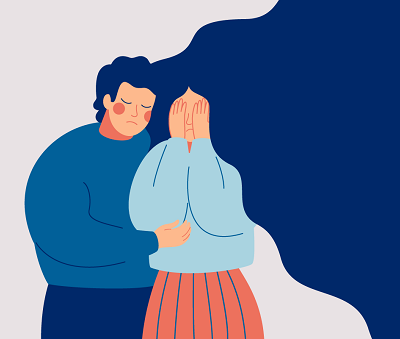Medical treatment for lack of libido:
Sexual dysfunction is frequently treatable by addressing an underlying medical condition or hormonal shift.
A physician may recommend a medication substitution or the prescription of an alternative medication.
Hormone Therapy: Your physician may recommend a blood test to determine the levels of your sexual hormones if you are experiencing a deficiency in hormone activity.
In the event that a deficiency is identified, medical professionals may prescribe supplemental sexual hormones such as testosterone and oestradiol to enhance one’s sexual desire.
The use of this medication is rigorously supervised by a physician.

